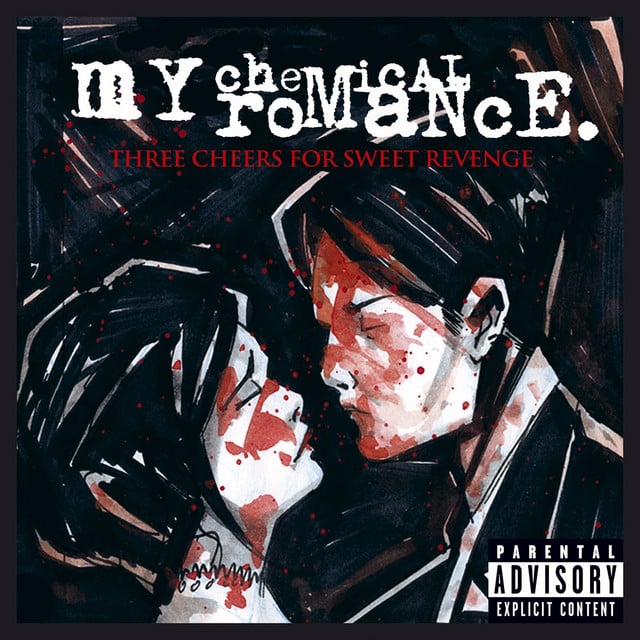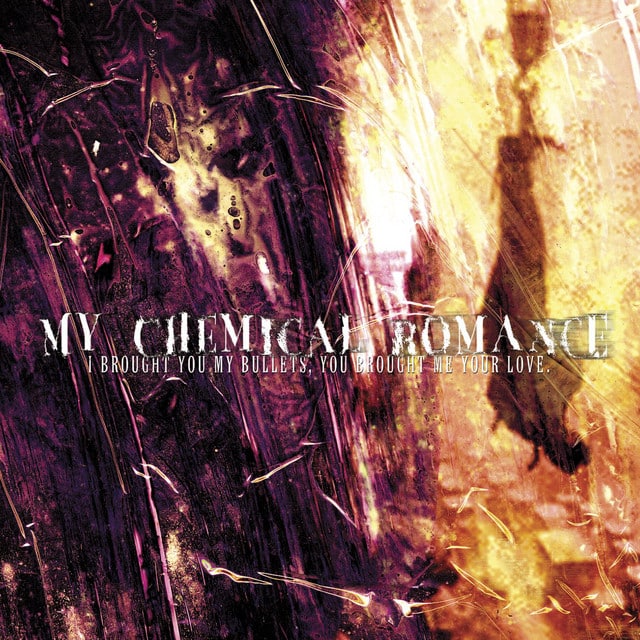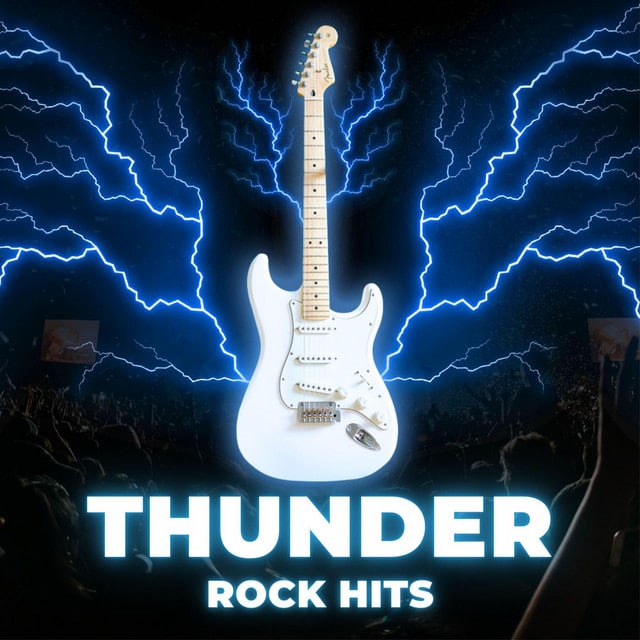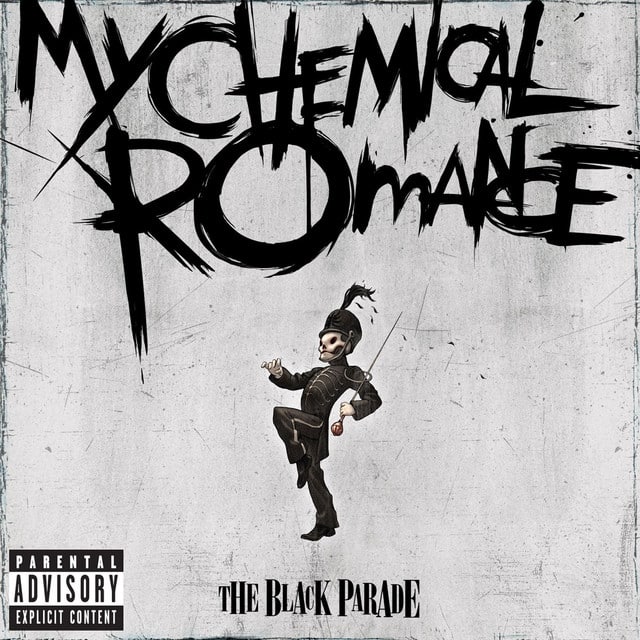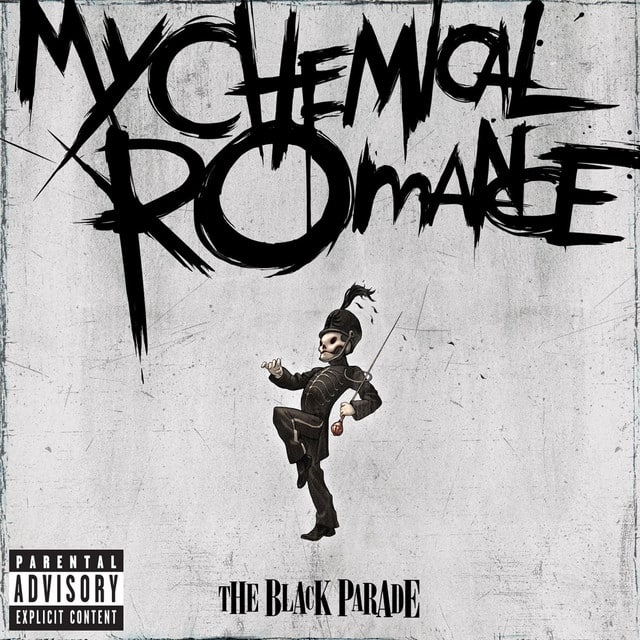Released: 2004
At its heart, “Helena” by My Chemical Romance is a raw, emotional rollercoaster wrapped in a gothic punk package. It serves as a eulogy, mourning the loss of a loved one while simultaneously wrestling with feelings of guilt, longing, and the anguish of saying goodbye. Let’s crack open this lyrical crypt and shine a light on the shadows within.
The opening lines, “Long ago / Just like the hearse you die to get in again,” hit you with a dose of dark irony and pain right out of the gate. The hearse, a symbol of finality and death, is juxtaposed with the human desire to relive or cling to the past—a past that’s as unattainable as wanting to get back into a hearse. This sets the stage for a journey through grief and reconciliation with loss.
When Gerard Way croons, “Burning on / Just like the match you strike to incinerate / The lives of everyone you know,” there’s a palpable sense of destruction and self-blame. It’s as if the departed’s actions in life, whether intentional or not, left scars on those they left behind. The lyrics delve into the complexity of human relationships, how we can both love and be hurt by the same person, and how their absence forces us to confront these conflicting emotions.
The chorus, “What’s the worst that I can say? / Things are better if I stay / So long and goodnight,” resonates as a haunting farewell, teetering on the edge of life and the afterlife. It’s a poignant reflection on the idea that maybe, just maybe, it’s better to linger in this in-between state, where one can keep holding onto the memory of the deceased, rather than moving on and letting go.
As the song progresses, “Came a time / When every star fall / Brought you to tears again,” speaks to the enduring nature of grief. Each fallen star, typically a symbol of hope or a wish, instead reopens the wound, reminding the mourner of their loss. The imagery is powerful, suggesting that what once brought joy now only brings sorrow in the wake of death.
“Can you hear me? / Are you near me?” This plea for connection with the departed underscores the desperate desire for reassurance that the ones we’ve lost are still with us in some form. The notion of “meeting again / When both our cars collide” metaphorically suggests a yearning for a reunion in the afterlife, born out of a collision between life and death, reality and the beyond.
In conclusion, “Helena” is not just a song but an emotional exorcism, dealing with the rawest edges of grief and love lost. It’s about grappling with the guilt and ‘what ifs’ that haunt us after a loved one has passed away, and the deep-seated human need to say “So long and goodnight,” one last time, in the hope of finding peace amidst the pain.
